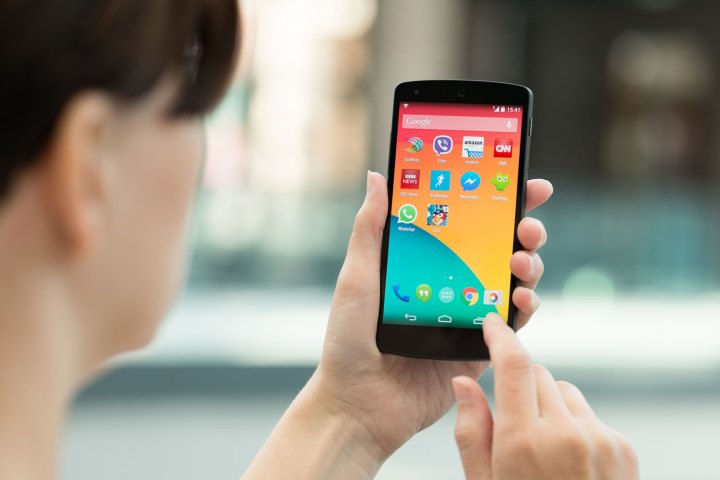
The new function should, in theory, let users book a taxi, plan a holiday or watch a video without downloading the associated app. Early test results show that streaming apps does work, however it is slower than the downloaded version.
“Because we recognize that there’s a lot of great content that lives only in apps, starting today, we’ll be able to show some “app-first” content in Search as well,” said Google in its related Blogspot announcement. “In addition, you’re also going to start seeing an option to ‘stream’ some apps you don’t have installed, right from Google Search, provided you’re on good Wi-Fi.”
Google currently has nine app developers supporting the beta: Hotel Tonight, Weather, Chimani, Gormey, My Horoscope, Visual Anatomy Free, Useful Knots, Daily Horoscope, and New York Subway. Users need to be updated to Android Lollipop or higher and have a stable Wi-Fi connection to stream an app.
Google is also making “app first” content more accessible on search. This means information stored in mobile apps, which don’t have matching web content, will be shown on Google’s search results. Google has 100 billion deep links into apps, including Facebook, Instagram, Airbnb, and Pinterest.
Google wants developers to integrate their apps deeper into the search engine, but we suspect larger app developers like Facebook, Twitter, Airbnb, and Uber won’t support streaming, at least initially. That’s because it gives Google control over how users view the app, and removes location and notification controls that native apps can utilize.
Adding more app influence does not mean Google is stepping away from the mobile Web. In fact, it recently launched the Accelerated Mobile Pages (AMP) project with Twitter, LinkedIn, Adobe, and a few other contributors to lower webpage load times.
Mobile is Google’s most important platform, with over one billion mobile owners using Google’s own platform, Android. What it needs to do is make sure its search engine remains the default place to find information, instead of the Google Play store.
Editors' Recommendations
- A new Google Pixel Tablet is coming, but it’s not what you think
- Why you need to be excited about the Google Pixel 8a
- The 6 biggest announcements we expect from Google I/O 2024
- 5 phones you should buy instead of the Google Pixel 8
- Google just released the first Android 15 beta. Here’s what’s new